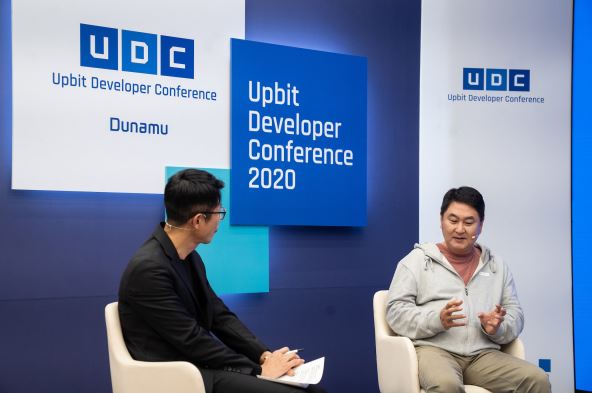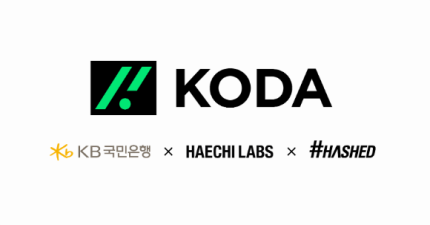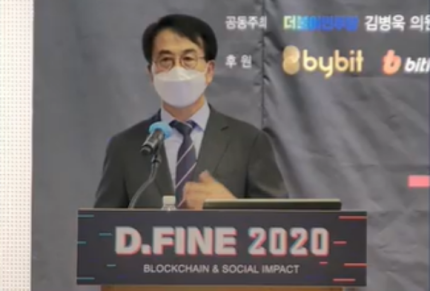Will the BOK (Bank) of Korea also secure a competitive edge in digital currency (CBDC) technology?11/30/2020 The pandemic heated up discussions about digital currency. We already know some of the digital currencies. Cryptocurrency is one of them. The recent 1 bitcoin price has exceeded 20 million won, reproducing the glory of 2017.
0 Comments
In Korea, the taxation period for virtual asset transaction income has been postponed for three months from October 2021 to January 2022.
Why did KB (Kookmin Bank) start a virtual asset custody business? Is it advantageous for a bank to establish a joint venture with another company for virtual asset custody?
According to D'Street (dstreet.io), KB (Kookmin Bank), which recently announced its entry into the cryptocurrency custodial market, suggested the possibility of linking decentralized finance (DeFi) to its business in the future.
Amendments to the Enforcement Decree of the Special Financial Information Act (Special Act), which compel VASPs (Virtual Asset Service Providers) to report on business, are being legislated, and business operators are expected to re-check factors that may confuse before reporting business.
|
AuthorDongWon KWAK. Korea Venture Capital and Startup Expert. Archives
January 2023
Categories
All
|



 RSS Feed
RSS Feed

